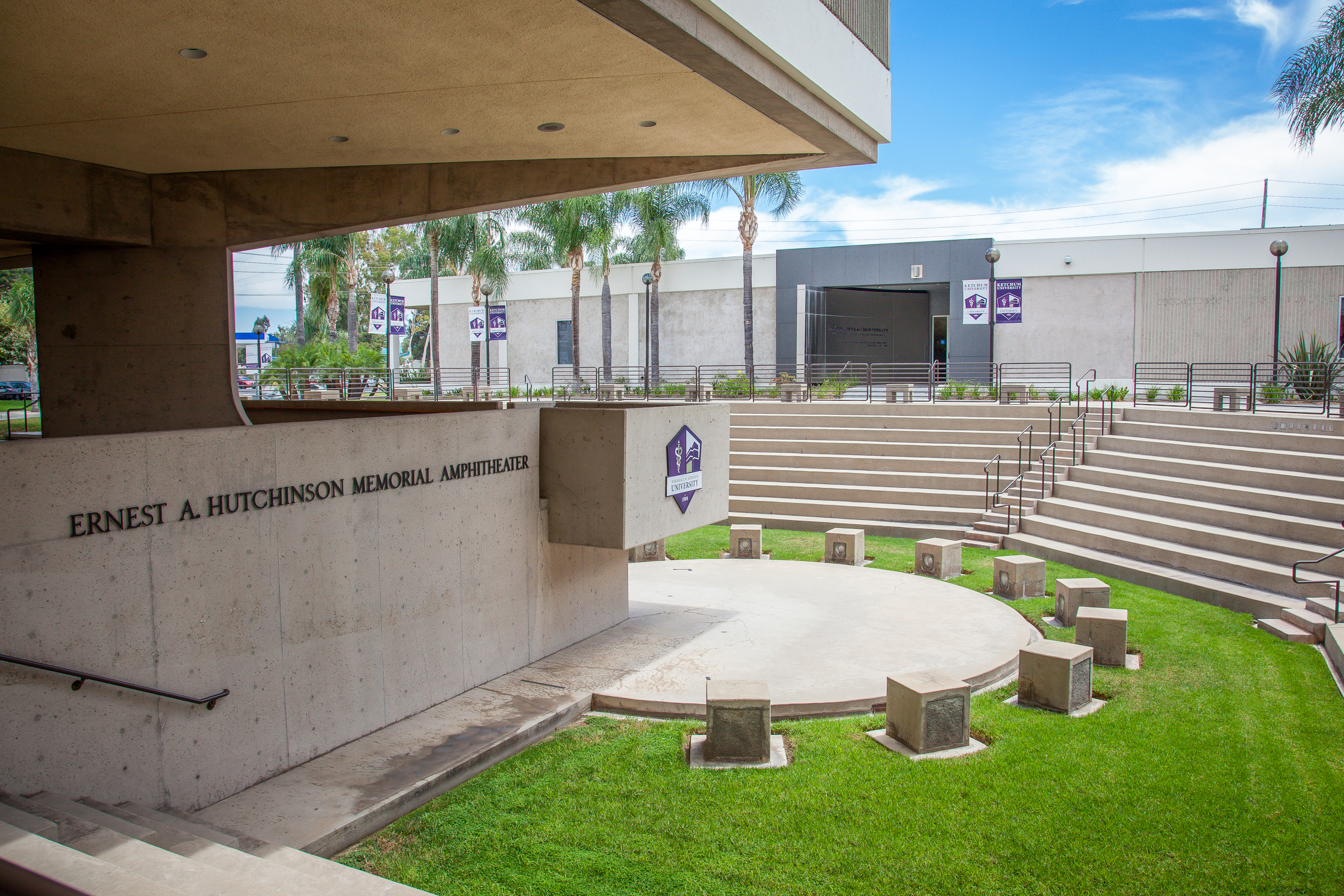Nathaniel Greeley, PA-C, a member of the inaugural PA class, begins professional practice, thanks in part to connections forged during his program at Ketchum.
Networking at the American Academy of PAs conference eventually led to a position in the emergency room at Rideout Memorial Hospital in Marysville, California, after his November 2016 graduation.
Jobs in the ER are often reserved for PAs with more experience, but Rideout is one of the few that likes to train new graduates. PAs play an integral part in the intake team at Rideout, where the goal is to start treating patients as soon as possible after they arrive. While the acute care team handles patients arriving by ambulance, a clinical intake team of a PA and nurse will triage the walk-in patients, doing an initial examination and ordering tests as required.
By incorporating the services of PAs in a rapid care section of the emergency room, patients who might otherwise have to wait hours to see a doctor can have their nonlife- threatening complaints addressed quickly. With PAs handling more routine cases of cuts and broken bones, ER doctors are able focus more fully on acute care cases. However, even in the rapid care section, cases are not always this cut and dry and PAs will care for the more serious illnesses that arise.
Nevertheless, Greeley says some hospitals are even now exposing PAs to the acute side of care, which makes sense considering the history of the profession. In the 1960s, Vietnam vets returning with experience in addressing trauma and surgical conditions were tapped for fast-track training to respond to the need for more physicians. Greeley sees the day — possibly within the next five years — that PAs will consistently begin to solely manage heart attacks, strokes and trauma cases.
“As a new grad in this particular ER, we have one month of shadow shifts where we see our own patients, with one of the other experienced PAs or nurse practitioners alongside us guiding and offering support and advice as we manage the patients — in the rapid care section, primarily,” says Greeley. “And then a few shifts here or there on the acute side, just to get the exposure to that.”
Greeley says the exposure he had doing procedures such as stitches and fracture reductions has been very valuable in the transition to a hospital setting. “There’s a lot of on-the-job learning, I’m finding out. But what Ketchum did for us was give us a wide variety of knowledge and experiences in our clinical rotations to prepare us for the diversity that we’re going to see in the ER,” Greeley says.
Greeley counts himself lucky to have chosen the PA profession. His foray into research while obtaining a master’s degree in immunology only convinced him that research wasn’t his passion because it wasn’t directly tied to helping people. “Once I began shadowing PAs, everyone I met was pumped about their career choice,” he says. “A number of the physicians even said if they had to do it again they’d be a PA, not an MD. Which is pretty cool.”

